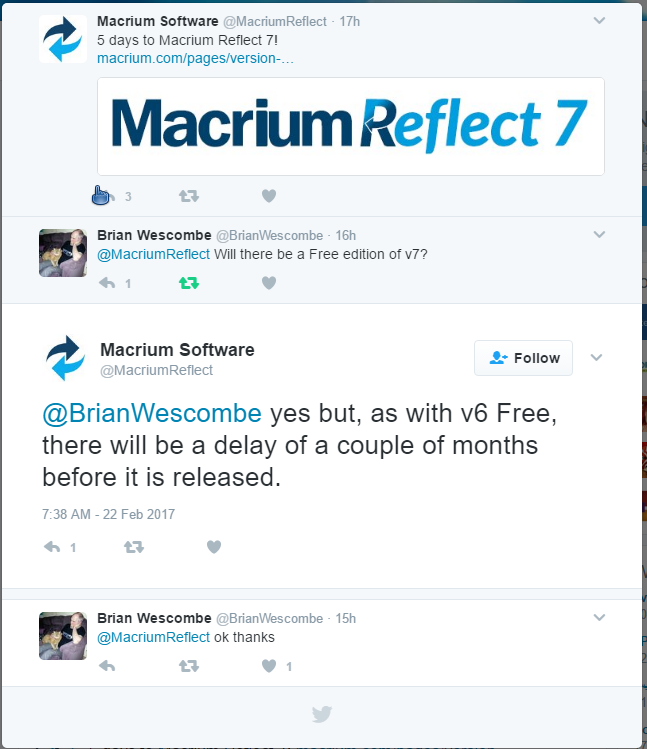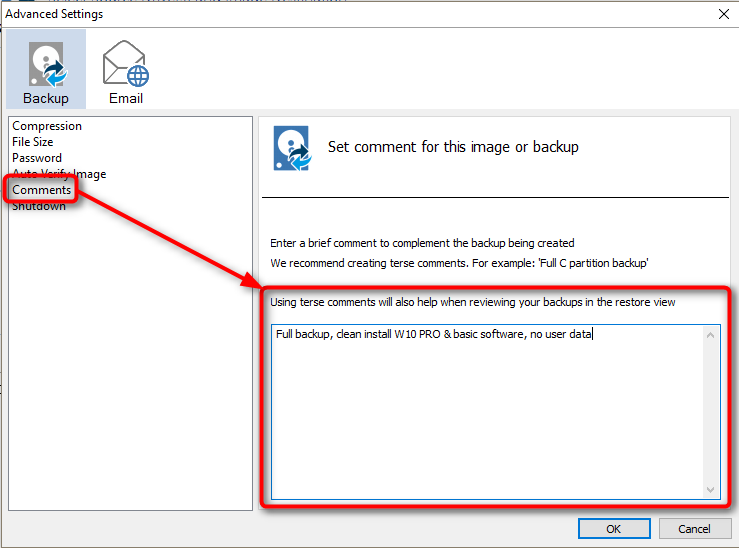

Ultimately, cloud backup makes sense if you don’t have much money to play with in terms of upfront costs, and similarly don’t have the IT resources in place to maintain a more complex set of backups across your network.

Typically you’d more likely just sync image backups to cloud storage for additional security. Recovery times can be very slow (as mentioned in our post on cloud backup and cloud sync) - it’s for this reason that it’s rare for organizations to perform image backups directly to the cloud.

While cloud backup offers many advantages, there are some reasons to be cautious. What are the disadvantages of cloud backup? The ability to manage scale without planning or step changes in cost (for example, if you fill your 10TB disk, the cost of storing 10.01 becomes surprisingly significant).Automation tools mean the manual work of managing and configuring backups is greatly reduced.Distributed storage across servers gives you additional protection.Ensures your backups are offsite, well away from your existing systems and hardware (essential in the event of a disaster).Backup, then, is just one element of this wider industry shift.Īnd it’s not that hard to see why: using cloud as a way to store and manage backups not only gives you a level of scale in terms of the size of your backups, you also have many other benefits that come with using a third party platform - like automation. As cloud providers have become more ubiquitous, organizations have gradually come around to the view that it’s necessary to move to the cloud (to a greater or lesser extent). The popularity of cloud backup has grown rapidly over the last decade. By evaluating them all together, you’ll be able to come to a more informed decision about which is the right approach for you when it comes to backup. In this post we’ll take a look at the differences between cloud backup, NAS, and external hard drives.

However, cloud backup isn’t always the best approach while it does have many advantages, there are other options, such as NAS and external hard drives. Cloud computing has become such an established part of our digital lives - and, moreover, somewhere that feels both limitless in its size and easily accessible - that it seems to just make sense to put important snapshots of your data there. For many people thinking about backup, it’s hard to think outside of the cloud paradigm.


 0 kommentar(er)
0 kommentar(er)
